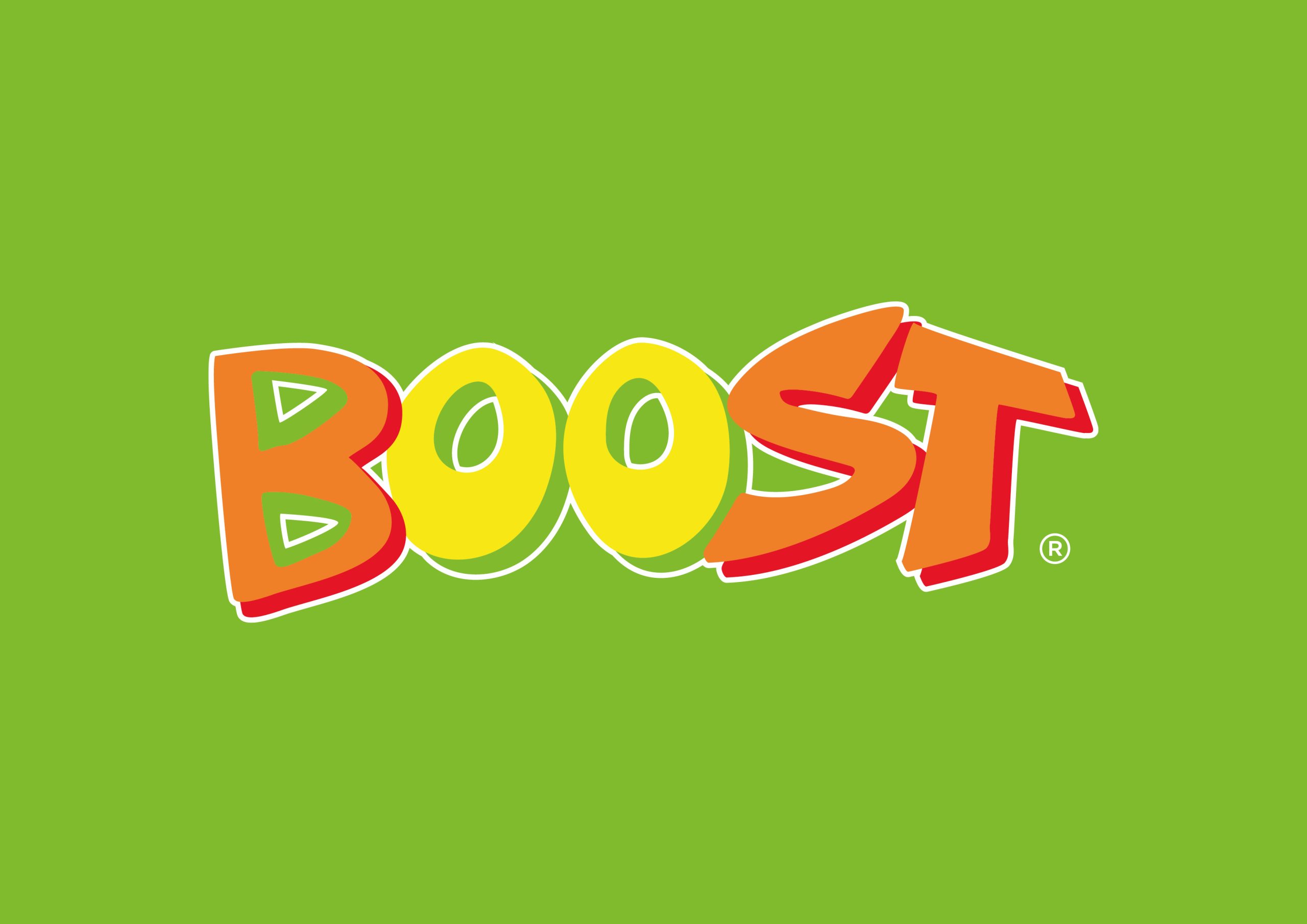Brain Stimulation May Boost Math Performance, Study Suggests
A recent study published in PLOS Biology has uncovered a promising method to enhance arithmetic performance through mild electrical brain stimulation. The research sheds light on the neural mechanisms underlying mathematical ability and presents a potential tool for improving learning outcomes, particularly for individuals who struggle with numerical tasks.
The study, led by Roi Cohen Kadosh, a neuroscientist at the University of Surrey, explores how brain connectivity influences mathematical performance. The research team examined 72 students from the University of Oxford, using brain scans to assess the strength of connections between three critical brain regions. Participants were then given a series of math problems that required either calculation or recall of memorized answers.
One key finding was that stronger neural connectivity between the dorsolateral prefrontal cortex—responsible for executive function—and the posterior parietal cortex—associated with memory—correlated with better performance on calculation tasks. This insight into the brain’s functional architecture offers a clearer understanding of how cognitive abilities are structured at the neurological level.
To test whether this performance could be enhanced, researchers employed transcranial random noise stimulation (tRNS), a non-invasive technique that delivers mild electrical currents through electrode-equipped caps. The results were striking: participants who initially performed poorly on math tasks showed improvements of 25–29 percent after receiving the stimulation.
Scientists believe the technique works by increasing neuronal excitability and modulating the activity of GABA, a neurotransmitter that regulates excessive brain activity. For those with weaker neural connections, this intervention appears to compensate for biological limitations, effectively leveling the playing field with high-performing peers.
Interestingly, the stimulation had no effect on participants who already performed well, suggesting that it primarily benefits individuals whose natural neural wiring may hinder their cognitive performance. According to Cohen Kadosh, this development could open new doors for learners who face persistent challenges in mathematics, potentially transforming educational strategies and expanding opportunities for personal and professional growth.
However, the research also raises important ethical questions. One concern is the potential for unequal access to such technologies. If brain stimulation becomes widely available, there is a risk that only those with financial resources will benefit, thereby exacerbating existing educational disparities rather than reducing them.
Cohen Kadosh emphasized that while the findings are encouraging, they remain experimental. He strongly advises against attempting similar techniques outside of controlled laboratory settings. “Some people struggle with learning, and if our research proves successful beyond the lab, we could help them fulfill their ambitions and unlock opportunities that might otherwise remain out of reach,” he explained.
This study contributes to a growing body of research exploring the intersection of neuroscience and education. As scientists continue to unravel the complexities of brain function, the possibility of tailored cognitive enhancement tools moves closer to reality. Such advancements could revolutionize how we approach learning difficulties, offering biologically informed interventions that complement traditional teaching methods.
While further research is needed to refine these techniques and ensure their safety and accessibility, the implications of this work are profound. It not only deepens our understanding of the human brain but also points toward a future where cognitive potential can be nurtured more equitably across diverse populations.







